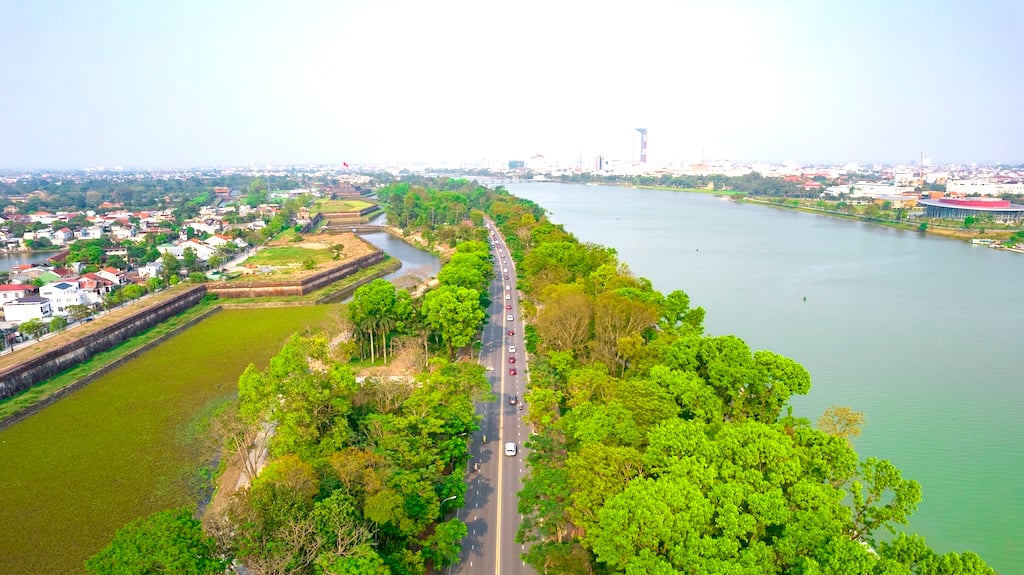 |
| Hue City is oriented towards smart, green and sustainable development. |
Attending and speaking at the workshop were Party Central Committee member, City Party Committee Secretary, Chairman of the People's Council, Head of the National Assembly Delegation of Hue City Le Truong Luu; leaders of relevant departments and branches; leaders of Hue University; member schools of Hue University and nearly 200 delegates who are scientists, experts and researchers from across the country.
Challenges of Hue city
In his opening speech at the workshop, Associate Professor Dr. Truong Tan Quan, Rector of the University of Economics, Hue University, assessed that we are living in a period of many fluctuations, where economic, social, technological and environmental factors are constantly changing, forcing adaptive policies and appropriate development strategies. In that context, the problem for Hue is not only to maintain growth, but also to find a sustainable development model, harmonizing conservation and innovation, identity and integration.
With its position as a national heritage city, a unique cultural center, home to 8 UNESCO-recognized heritages, Hue City has just officially become a centrally-governed city since January 2025 and is facing many new opportunities and challenges. How to promote historical and cultural values while still attracting investment, developing infrastructure, improving the quality of life and increasing economic competitiveness is the requirement.
At the workshop, Party Central Committee member, Secretary of the City Party Committee Le Truong Luu shared that the 11th Conference of the 13th Party Central Committee has just ended and issued a resolution approving many important contents; including determining the number of provincial administrative units to be merged. Accordingly, Hue City is one of the localities to be kept intact, not merged. This affirms that the Central highly appreciates the model of a heritage urban area with unique characteristics like Hue and wishes to continue to build and develop on the foundation of preserving and promoting the heritage values of the Ancient Capital and Hue's cultural identity, with cultural, heritage, ecological, landscape, environmentally friendly and smart characteristics.
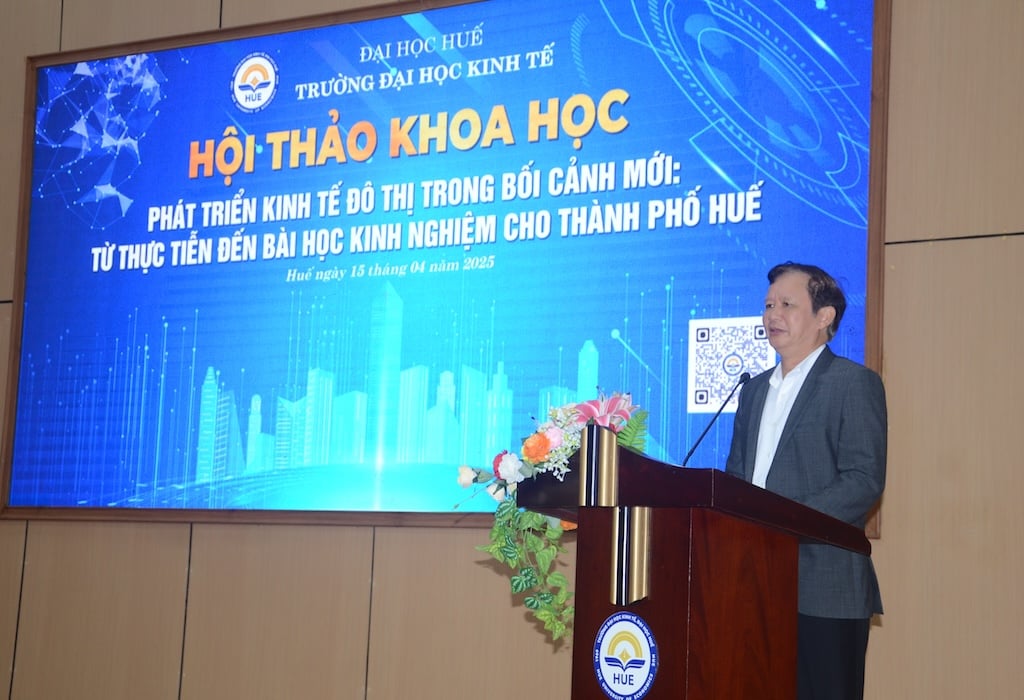 |
| Party Central Committee member, City Party Secretary Le Truong Luu speaks at the workshop |
There is a solid foundation for developing Hue City towards a smart, green and sustainable heritage city, however, researchers also pointed out many challenges that Hue City is facing in the development process. With the development of the socio-economy, especially the pressure on growth, the increasing speed of urbanization, causing urban areas to lean towards natural landscapes, low infrastructure density like Hue are increasingly affected. Traffic and urban infrastructure are not synchronized, inner-city roads are often congested, the public transport system is not yet developed. The situation of concreting, converting agricultural land on the outskirts of the city into residential areas gradually reduces the natural water permeability area. Environmental pollution is also a challenge, when the concentration of fine dust PM2.5 in the inner city area in 2023 increased by 20% compared to 2015, mainly due to the increase in personal vehicles and construction works.
In recent times, the replication of successful international development models in Hue has been implemented, but has encountered barriers, including issues of resources and investment. Among them, the limitation of public budget for large-scale digital infrastructure projects and low long-term maintenance costs are the top challenges.
Find the right solution
Along with the orientation of developing a unique, smart and sustainable urban area for the future, Secretary of the City Party Committee Le Truong Luu hopes that through research, analysis, evaluation and comments from scientists, Hue City will have specific and suitable solutions to develop Hue City in the right direction in the coming time. How to have breakthrough solutions to help Hue City's economy develop faster, but still maintain the urban environment, preserve and promote its identity in the current important transition period.
At the workshop, many exchanges were held on lessons learned from urban economic development of heritage cities around the world, new trends in urban development, from digital transformation, smart cities, circular economy to integrated strategies of “Culture – Tourism – Creative Industry”. At the same time, specific solutions were proposed to enhance Hue’s endogenous capacity.
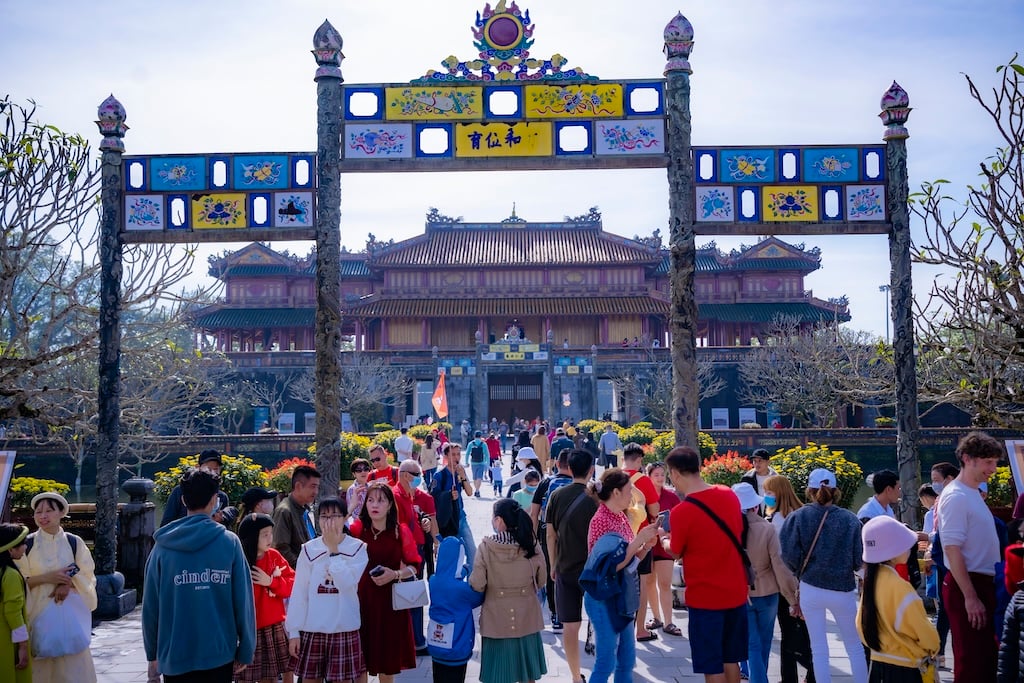 |
| Many proposals to better apply digital technology in tourism exploitation |
Dr. Nguyen Ho Minh Trang, University of Economics, Hue University, said that in order to develop Hue into a smart and sustainable urban area, it is necessary to focus on improving the urban environment, enhancing tourism experiences and developing sustainable transportation for the expanded Hue City area. For real estate projects, the construction density will be oriented to be lower, along with the construction of many parks, public works and increased green tree density. For field industry, will limit manufacturing industries with high risk of environmental pollution.
Dr. Ha Ngoc Long, University of Economics, Hue University, added that digital infrastructure is an essential foundation to help heritage cities like Hue balance between conservation and promoting sustainable economy, overcoming the limitations of traditional methods. International experience has demonstrated clear economic benefits from investing in strategic digital infrastructure, integrating data, applying appropriate technology (DT, AI), piloting and multi-stakeholder cooperation. Despite facing challenges in resources, data, technology, capacity and institutions, Hue has great opportunities to develop smart tourism, digital cultural industry, improve urban management efficiency and attract investment thanks to digital infrastructure.
“To successfully exploit this potential, Hue needs to focus on key solutions such as : X “Build and implement a comprehensive digital infrastructure roadmap, integrated with other plans; prioritize investment and diversify resources, especially promoting PPP cooperation; build a strong data governance and policy framework, including an open data roadmap and digital heritage; make strategic investments in developing high-quality digital human resources; strengthen inter-sectoral cooperation and coordination mechanisms; focus on leveraging technology applications to solve urgent problems…”, Dr. Ha Ngoc Long shared.
Source: https://huengaynay.vn/kinh-te/xay-dung-giao-thong/gop-y-xay-dung-tp-hue-tro-thanh-do-thi-di-san-thong-minh-xanh-va-ben-vung-152617.html





![[Photo] Chinese, Lao, and Cambodian troops participate in the parade to celebrate the 50th anniversary of the Liberation of the South and National Reunification Day](https://vphoto.vietnam.vn/thumb/1200x675/vietnam/resource/IMAGE/2025/4/30/30d2204b414549cfb5dc784544a72dee)
![[Photo] Cultural, sports and media bloc at the 50th Anniversary of Southern Liberation and National Reunification Day](https://vphoto.vietnam.vn/thumb/1200x675/vietnam/resource/IMAGE/2025/4/30/8a22f876e8d24890be2ae3d88c9b201c)
![[Photo] The parade took to the streets, walking among the arms of tens of thousands of people.](https://vphoto.vietnam.vn/thumb/1200x675/vietnam/resource/IMAGE/2025/4/30/180ec64521094c87bdb5a983ff1a30a4)



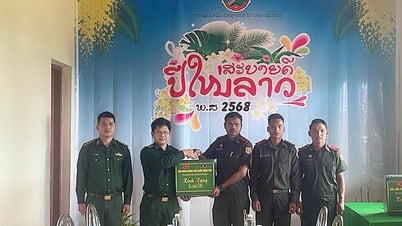








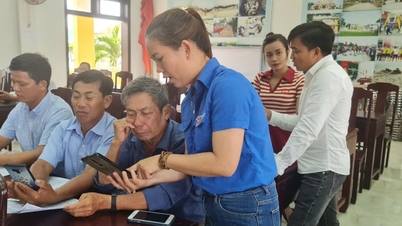
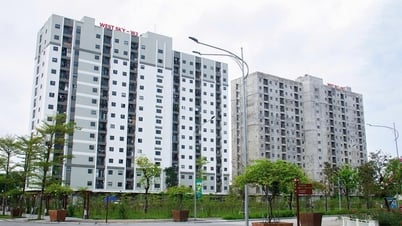
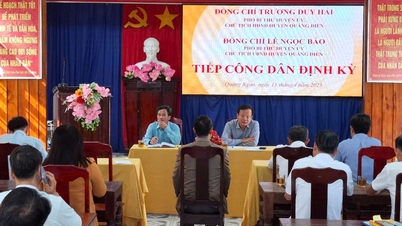

![[Photo] Performance of the Air Force Squadron at the 50th Anniversary of the Liberation of the South and National Reunification Day](https://vphoto.vietnam.vn/thumb/1200x675/vietnam/resource/IMAGE/2025/4/30/cb781ed625fc4774bb82982d31bead1e)















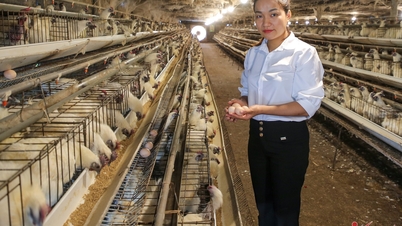


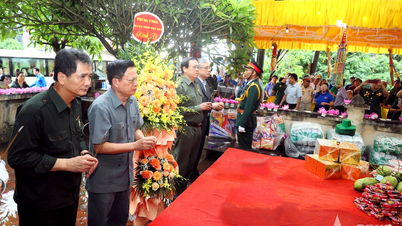
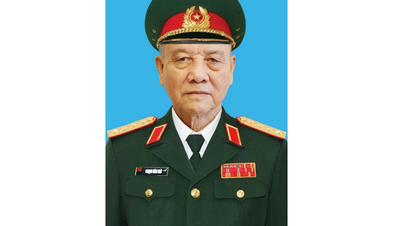





















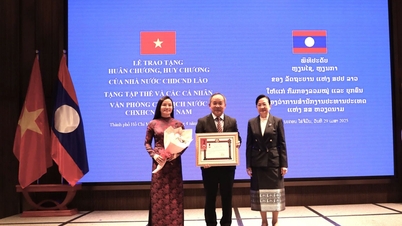



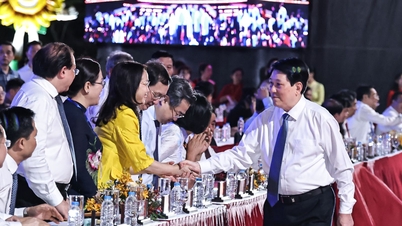








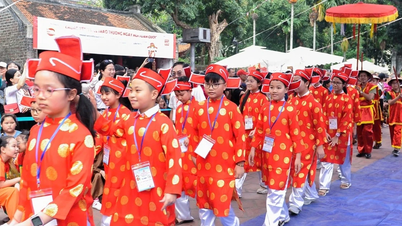














Comment (0)